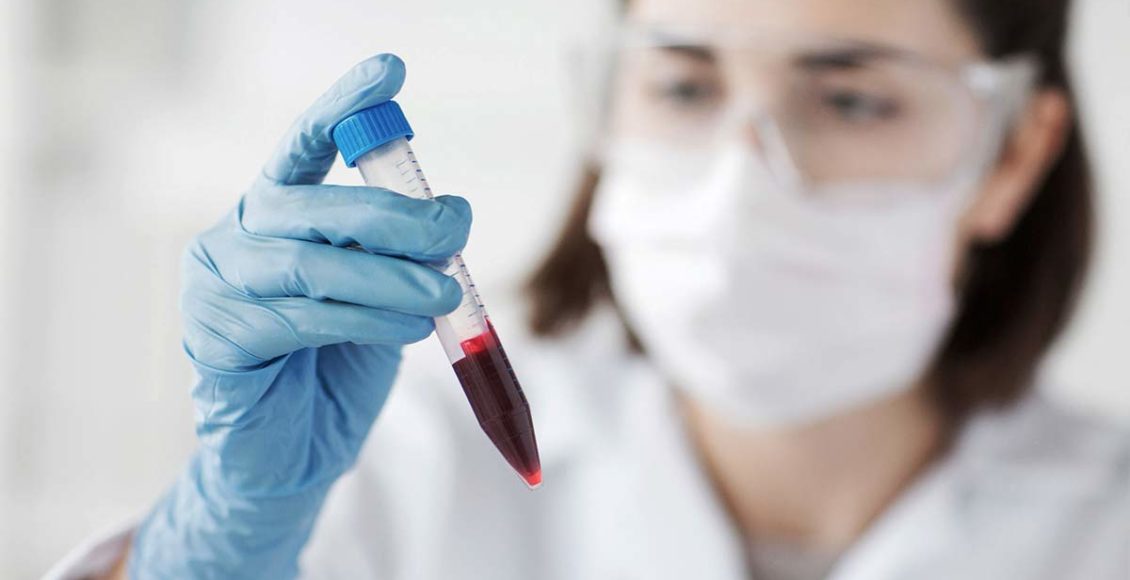A new blood test might be able to identify breast cancer five years before any clinical signs appear.
This test could detect the body’s response to tumor cells, according to researchers at Nottingham University’s School of Medicine.
Their study is focusing on antigens produced by cancer cells, that trigger a reaction inside our bodies.
In other words, the invading antigens provoke our immune system to create auto-antibodies that can locate and stop them.
What researches did was taking blood samples from 90 recently diagnosed with breast cancer patients.
Furthermore, they compared them with samples from other 90 healthy patients. They accurately detected breast cancer in 37% of the first group of patients. Besides, they also confirmed that there were no cancer cells in 79% of the non-affected people.
The results were highly promising for the examiners.
They believe this new blood test would be able to identify breast cancer in a very early form.
What’s more, it would happen a lot faster than any physical signs appear.
“We were able to detect cancer with reasonable accuracy by identifying these auto-antibodies in the blood. Once we have improved the accuracy of the test, then it opens the possibility of using a simple blood test to improve early detection of the disease.”
This was stated by Daniyah Alfattani, one of the researchers in the Nottingham team, according to The Guardian. Alfattani believes that these cancer-produced antigens are efficient in indicating the presence of the illness.
They are going to continue their work in improving the performance of the new blood test.
However, other scientists and cancer experts aren’t so sure about the effectiveness of these blood tests. They say that a lot more work and research should be done before claiming anything.
Talking about the benefits of a blood test detecting breast cancer in an early stage, Alfattani says:
“A blood test for early breast cancer detection would be cost-effective, which would be of particular value in low and middle-income countries. It would also be an easier screening method to implement compared with current methods, such as mammography.”
Currently, the Nottingham team is working on samples from hundreds of patients to improve the certainty of their test. They believe that with a fully-funded development program, this blood test would be available in clinics in about five years.



